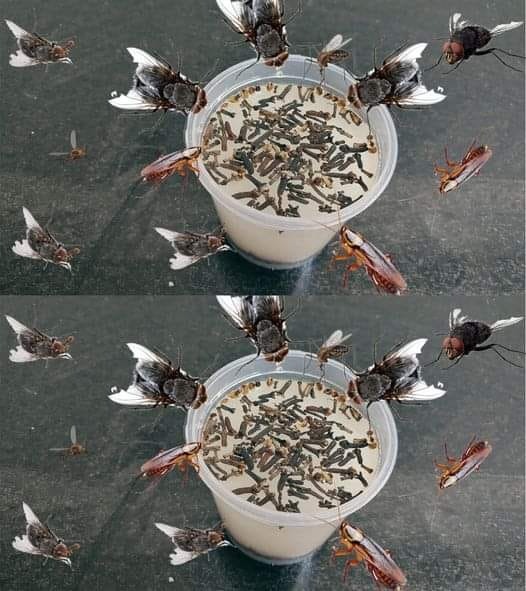Not an Isolated Incident
Sadly, this isn't the only time camels have lashed out in fatal encounters:
-
Siberia, 2023: At a holiday camp, a Bactrian camel trampled its handler after being slapped during a disagreement over reins.
-
Mexico, 2022: Wildlife sanctuary owner Richard Mileski died after a camel attacked, kicked, bit, and sat on him, leading to fatal suffocation.
-
USA, 2022: Two men attempting to capture an escaped camel at a petting zoo were killed. The animal reportedly tried to attack paramedics as well.
These cases echo a common pattern: camels are generally docile, but they can—and do—retaliate under extreme stress or abuse.
A Harsh Lesson in Responsibility
The Barmer tragedy brings to light urgent issues around animal care and human accountability. Tying an animal under the blazing sun without water or shelter is not just cruel—it’s dangerous. In hot, dry regions where livestock are part of daily life, owners must understand the basic needs of their animals.
Animal rights organizations continue to stress the importance of education, especially in rural communities. Simple steps—providing shade, regular water access, and monitoring behavior—can prevent unnecessary suffering and tragedy.
Experts also recommend better training for those who handle large animals. Learning how to read signs of distress—like restlessness, pacing, or growling—can prevent dangerous escalations.
Final Thoughts
The fatal attack in Rajasthan stands as a powerful reminder: animals, even those we rely on for survival, must be treated with compassion and care. What happened to Urjaram was not just an isolated act of violence, but the tragic end result of prolonged suffering and human oversight.
Respect for animals isn’t optional—it’s essential. And when that respect is absent, the consequences can be both heartbreaking and deadly.






